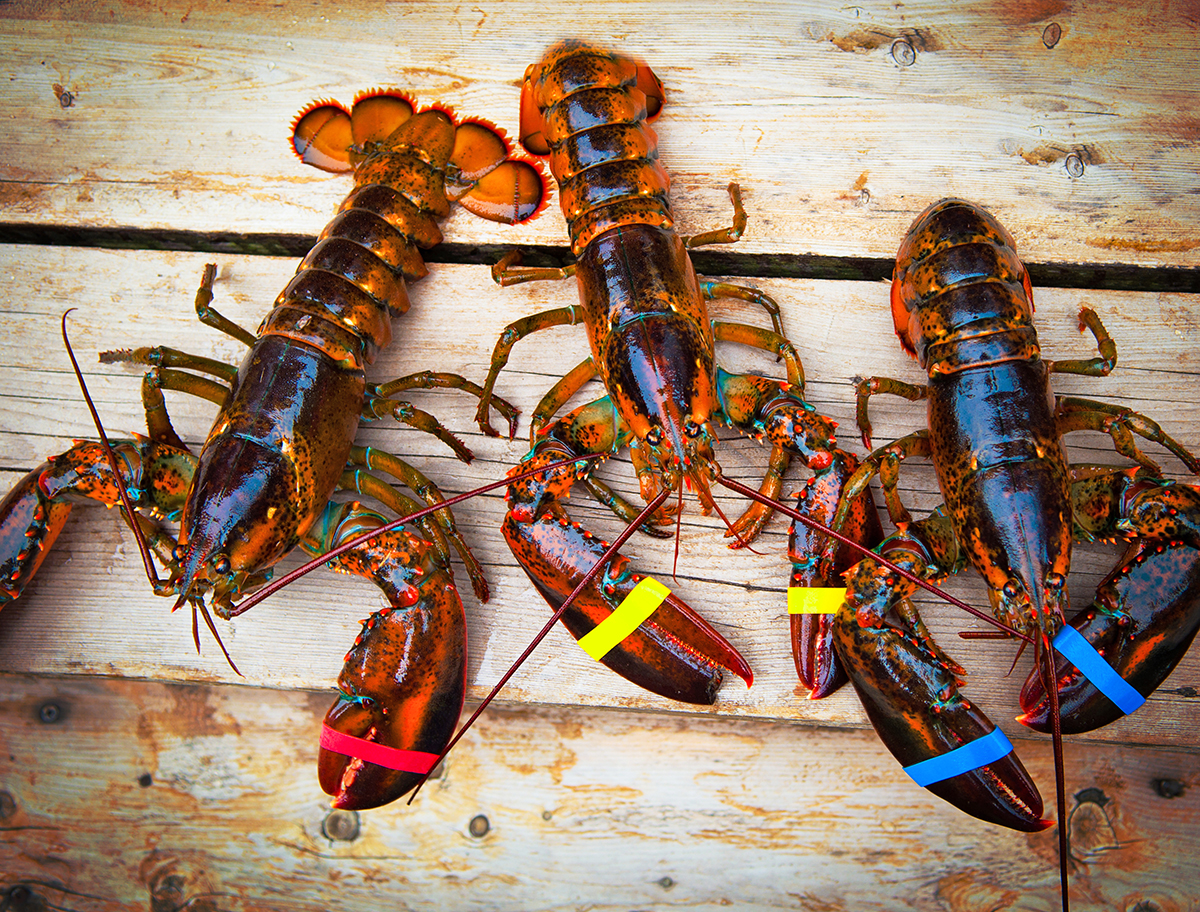Global Warming Could Decimate Maine Lobsters by 2100, Study Says
Hold your New England lobster rolls close: If environmental trends continue as they are, the sea bugs could be gone within 85 years.
A recent report from the University of Maine Darling Marine Center and Bigelow Laboratory for Ocean Sciences predicts that global warming’s affect on ocean temperatures could wipe out Maine lobsters by 2100. Scientists found that lobster larvae struggles in water just five degrees warmer than the current temperature in the Gulf of Maine. That gulf houses America’s primary lobster fishery, the Guardian reports, so the loss of its crustaceans could send shockwaves through seafood shacks across the U.S.
Global warming has been a hot topic regarding New England’s marine life for some time. Cod populations have practically been wiped clean from the sea, and GrubStreet reports that Rhode Island’s lobsters are suffering the same fate as Maine’s. If temperatures continue to rise as the U.N.’s climate-change panel believes they will, New England might very well see the end of its beloved lobster rolls.
In an effort to soften the blow, regional leaders like the Boston Harbor Association are imploring us to brace for climate change before things devolve. This study stands as another warning.
Remember: no lobster in Maine means no lobster on the table. It also means no Luke’s Lobster, which is a reality that we just can’t let happen.



